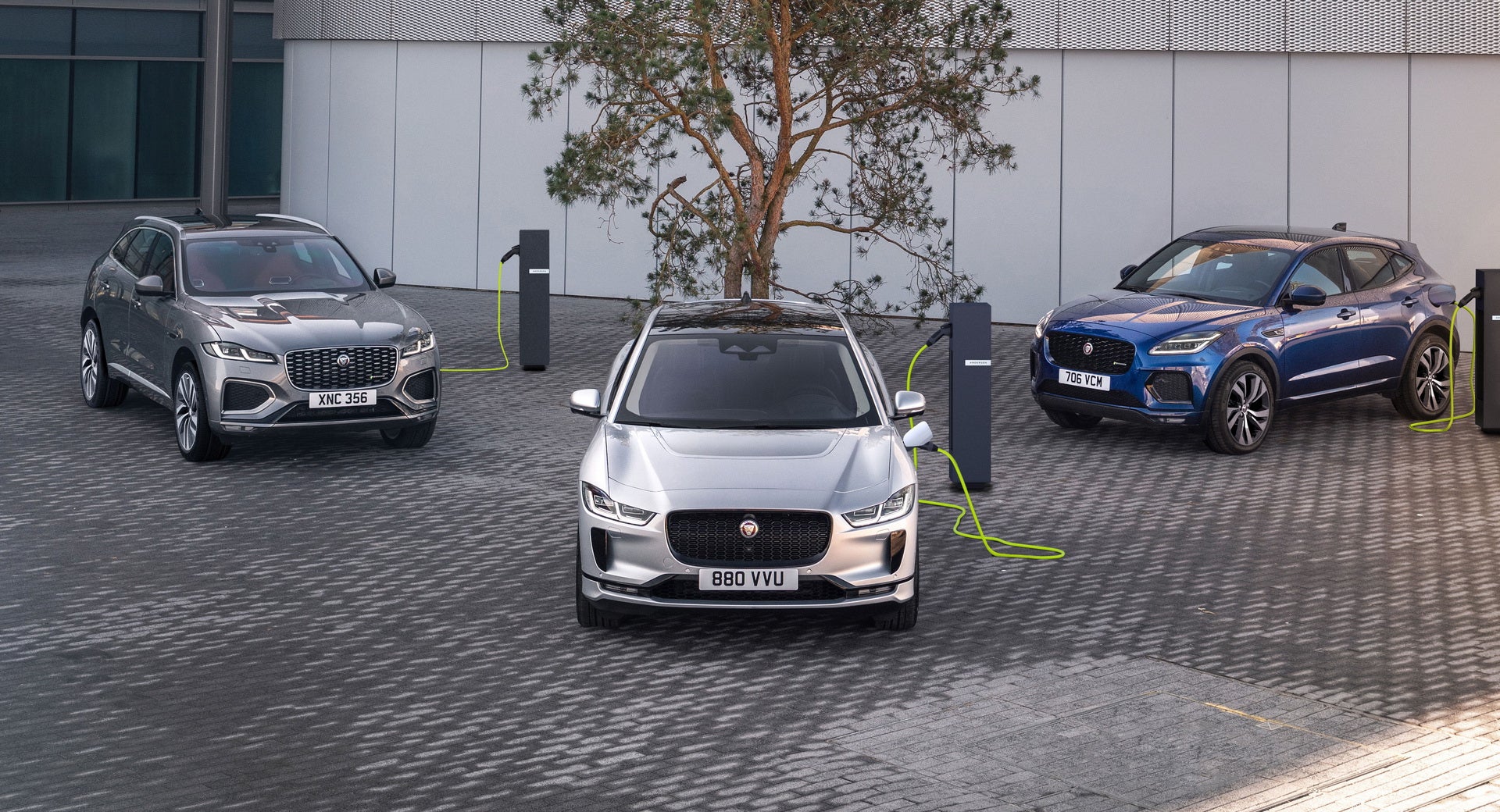
Leading British car manufacturers attempted to obstruct the government’s decision to advance the ban on ICE vehicles from 2040 to 2030, according to written submissions obtained by the Guardian.
Citing concerns over declining sales and job security, manufacturers such as BMW, Ford, Honda, Jaguar Land Rover and McLaren lobbied against any ban earlier than 2040.
The manufacturers also argued that hybrids should also be exempt from the earlier deadline, alongside ambulances and hearses.
Based on guidance from the Committee on Climate Change, the government revealed its decision in November, which saw the ban on pure internal combustion engine cars (ICE) brought forward from 2040 to 2030 with the sale of hybrids permitted until 2035.
Supported by findings from environmental campaigners, the decision to advance the ban was deemed necessary if the UK is to meet its decarbonisation goals.
According to the Guardian, the Society of Motor Manufacturers and Traders (SMMT) claimed in private modelling that a 2030 ban would drive down sales from 2.3m to 800,000 in 2025.
How well do you really know your competitors?
Access the most comprehensive Company Profiles on the market, powered by GlobalData. Save hours of research. Gain competitive edge.

Thank you!
Your download email will arrive shortly
Not ready to buy yet? Download a free sample
We are confident about the unique quality of our Company Profiles. However, we want you to make the most beneficial decision for your business, so we offer a free sample that you can download by submitting the below form
By GlobalDataConversely, the 2025 ban would reduce UK car sales to 1.2m in the same year, while a 2040 deadline would see sales drop to 2m only.
The SMMT argued that falling sales would further compound the existing damage to the industry, following widespread closures across automotive operations due to the pandemic.
This, combined with the introduction of new trade regulations would place “significant strain on commercial viability,” according to the SMMT.
Leaving the industry with little over eight years to convince consumers to make the switch to electric, Mike Hawes, the SMMT’s chief executive, said. “Our concern is that until the cost and convenience of purchasing, running and charging an electric vehicle is as affordable and convenient as a conventional petrol or diesel one across all segments and for all types of drivers, some drivers will hold on to their trusted existing car.”
Forecasts from the SMMT, which were made in June, were not reflective of changes in the car market since the start of the pandemic.
Greg Archer, UK director of Transport and Environment, believed the forecasts for declining sales were “wholly pessimistic and unrealistic” and were the result of fearmongering across the industry.
He explained: “The submissions made by carmakers illustrate their desperation to try to stop the government bringing forward the ban.
“It illustrates a lack of honesty within large parts of the industry, painting a picture that the shift to electric cars will devastate UK car making when most companies are already making this transition. The debate about the type of cars we will drive in the future is now over: they will be battery electric.”
Despite attempts to delay the ban, several carmakers, including Jaguar Land Rover, recently announced plans to go all-electric by 2025.







